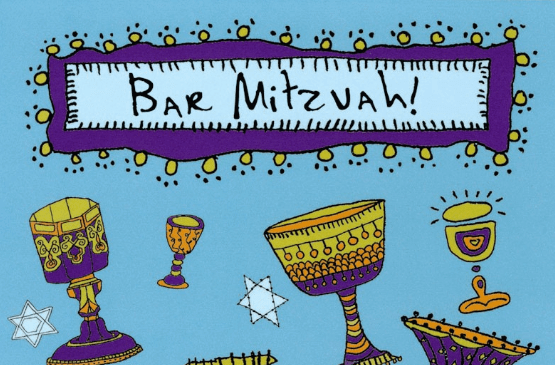SECAUCUS, N.J. – Warren Webber has enjoyed his long career in the electronics business. But nine years ago, he decided to venture into the relish business.
“It started as a joke,” the gregarious West Hartford resident told the Ledger from his Warren’s Foods booth at Kosherfest 2011 in the Meadowlands Expo Center in Secaucus, New Jersey in October. The two-day kosher food trade show featuring kosher food, foodservice, drink, wine and Jewish gifts from around the world is the largest of its kind.
“It was a 60 year old recipe,” says Warren.”
“He tweaked it and tweaked it!” adds wife, Carol, as the couple scooped samples of “Webber’s Original Relish—Olde Tyme Pepper Recipe” and “Louie’s Original Salsa” onto scooping chips for curious visitors to sample.
TheWarren’s Food websitedescribes the relish, which comes in mild, medium and hot, as “an all natural kosher product created with no preservatives and produced in Connecticut.” Both products are bottled in New Haven and are available in 177 stores from Connecticut to New Jersey.
While the Webbers were the only Connecticut company with a booth at the 23rd annual Kosherfest, they were not the only “mom and pop” company on hand. Viktoria Sater, a Long Island mother of three, recently started Viktoria’s Gourmet Foods. She and her husband offered samples of Viki’s Granola to visitors. Dawn Wolstein-Petrini and her husband, Mauro, owners of the Gelato Shoppe Petrini, were also busy dishing out a dozen flavors of dairy and pareve gelato from their cart. Rabbi Adam Mintz, spiritual leader of the Congregation Kehilat Rayim Ahuvim, a Modern Orthodox shul on New York’s Upper West Side, along with his wife and several friends who were decked out in royal blue “The Chosen Mint” t-shirts, were giving out samples of “Rabbi Mintz’ Classic Kosher Mints.”
Of course, more established companies like Manischewitz and Osem had large display booths. Well-known companies like Dr. Prager’s, Gold’s Horseradish and Guss’ Pickles were also on hand, giving out samples of products, old and new. Countries displaying kosher products included Israel, Argentina, the Philippines, Finland, Canada, England, Australia, France, Scotland, Brazil, Ecuador, Japan, and the Former Soviet Union.
Israeli companies received several new product awards: for best new frozen entrée (Ta’amati Meat Flavor Meatless bourekas); best new jam or preserve (Tishbi Passion Fruit Champagne Preserve); best new dips, spreads, salsas (Sabra Guacamole); and best new savory and salty snack food (Bamba Halva).
An Argentinean company, Marumatok SA, won an award for best new wine, beer or spirit (Fincas Marumatok Cabernet Sauvignon Malbec).
All visitors to Kosherfest were made aware of a few very important facts about today’s kosher food market: there are an estimated 12,250,000 kosher consumers in the U.S. who help support a $12,500,000,000 market in kosher food. Given that only 1.3 million of these people are Jewish year-round kosher consumers, it stands to reason that many of the consumer who buy kosher include others, including Muslim halal consumers, and those looking for vegetarian and non-dairy products.
According to Menachem Lubinsky, founder and co-producer of Kosherfest, “Natural, healthy and gluten-free products continue to grow among new kosher product categories, as an estimated 18 million people in the U.S. are sensitive to gluten.”
Examples of products that appeal to these demographics that were on display at this year’s Kosherfest include Mon Cuisine Vegetarian Entrees, Sage V Foods’ IQF Rice (individually quick frozen) and various meat-free, vegetable protein entrees from Wholesome Cuisine.
Companies like Manischewitz continue to innovate and diversify. “We strive to be a 52 week a year company—not just for Passover,” reports Alain Bankier, co-president and CEO of the Manischewitz Company. His company introduced more than forty new products in such categories as Mediterranean food, comfort food and health and wellness food. They will also be introducing vending machines in such locations as airports that carry frozen blintzes, egg rolls and knishes which can be heated to the proper temperature and level of crispness. And Gold’s Horseradish company now manufacturers such “modern” products as duck sauce, salsa and wasabi that sit on grocery store shelves next to oldies-but-goodies like borscht and schav.
(Source: http://www.jewishledger.com)



